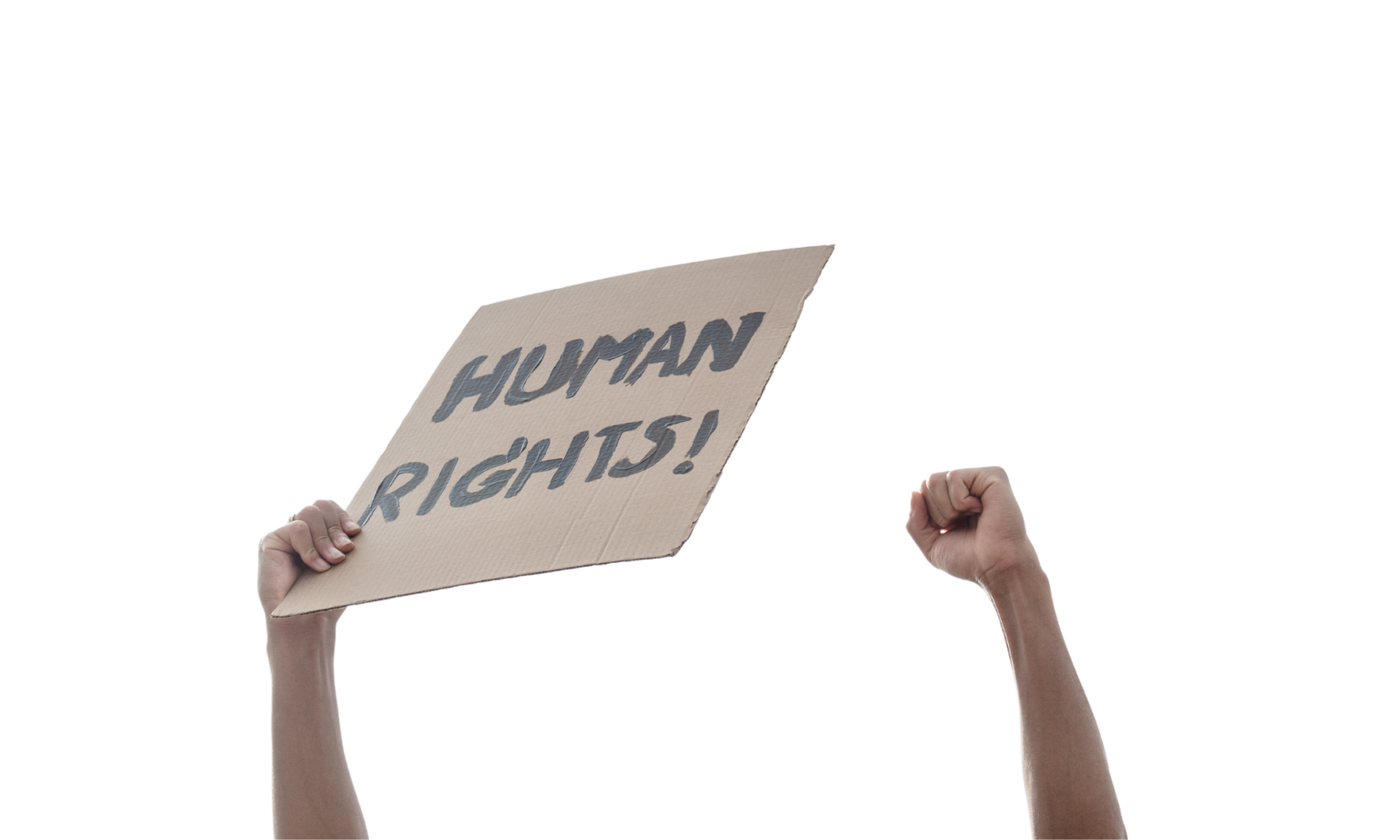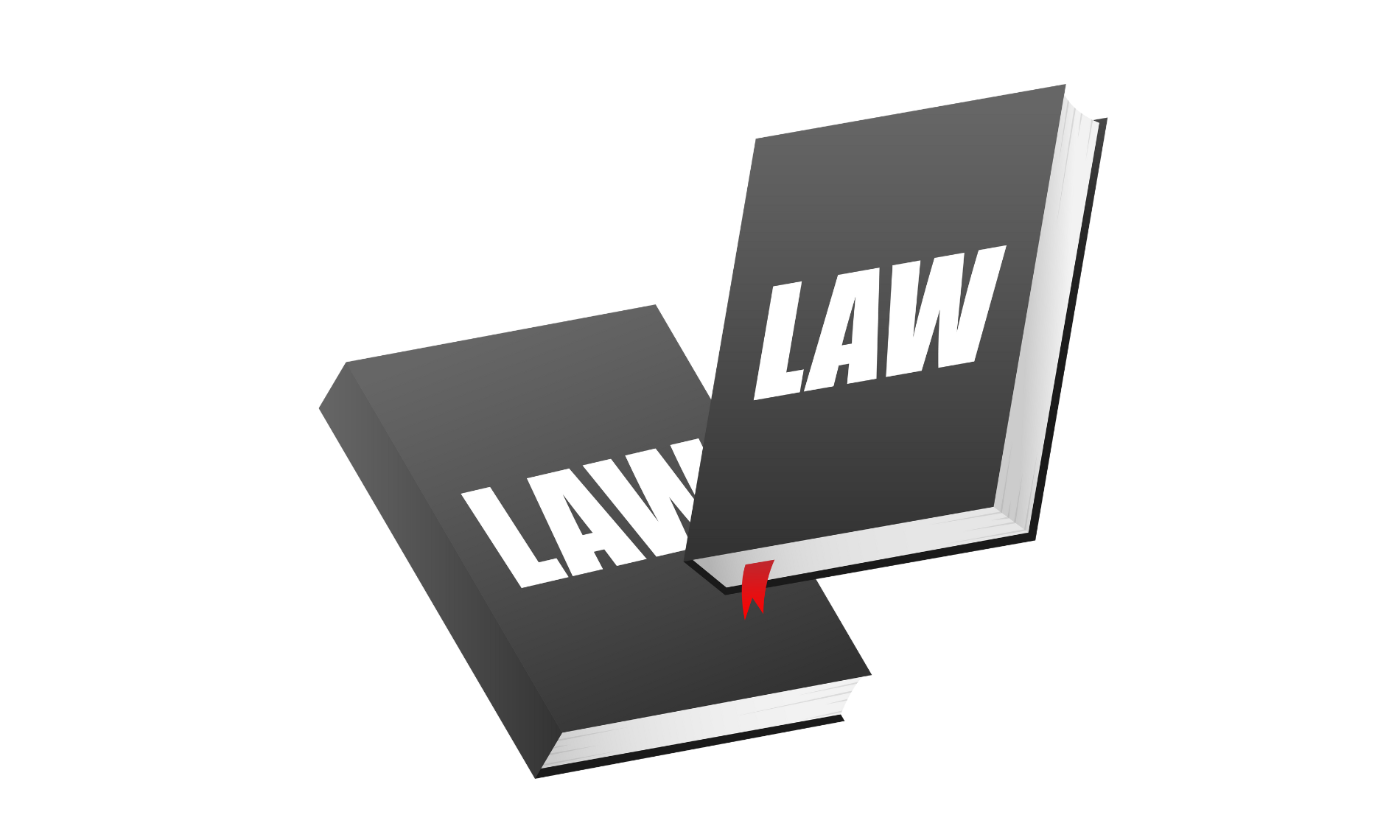What is Democratic Governance?
semantically to the ability to be governable and conceptually to the relationship that manifests itself when there is a state of balance in the exercise of political power derived from the solution of social demands and the ability of governments to meet them effectively, stable and legitimate.


Informacion relevante
A governance crisis can be considered to exist from two sources:



when the rulers are incapable of running a legitimate government and face discontent and social pressure from the ruled

when there is an overload of social demands.

The first becomes illegitimacy and the second ineffectiveness in the management of the government in turn. In this way, when one speaks of governability or its counterpart, one speaks of phenomena in process and of complex relationships between the governors and the governed. It is for this reason that Governance can only be perceived from this dual point of view in which government and society determine the balance in which it is expressed. The crisis of governability has historically been linked to the moment in which modern governments have increased their intervention to solve the growth of social demands at the cost of fiscal crises and institutional illegitimacy due to the decline in autonomy of social participation. According to Habermas, ungovernability occurs when there is a crisis of administrative management and political support of citizens to the authorities. In other words, the administrative system fails to make compatible the control mechanisms required by the economic system and the legitimating system fails to maintain the necessary level of loyalty of the masses.

We believe that it is democracy, with respect for minorities, that can build a stable future for nations. But true democracy is conditional on the active participation of citizens, that contributes to the best government. States have the obligation to create participation spaces for citizens.


The continuation of authority in the same individual has often been the end of democratic governments. Repeated elections are essential in popular systems, because nothing is as dangerous as allowing power to remain in the same citizen for a long time. The people get used to obeying him and he gets used to commanding them; whence originates usurpation and tyranny.
- SIMÓN BOLÍVAR


